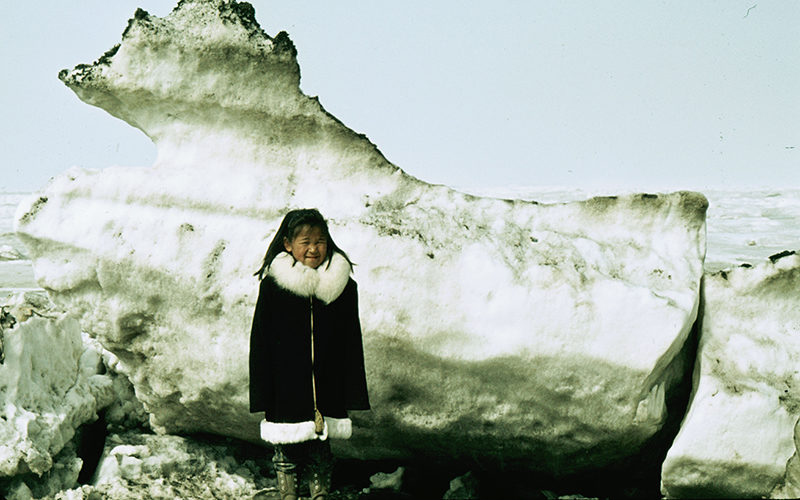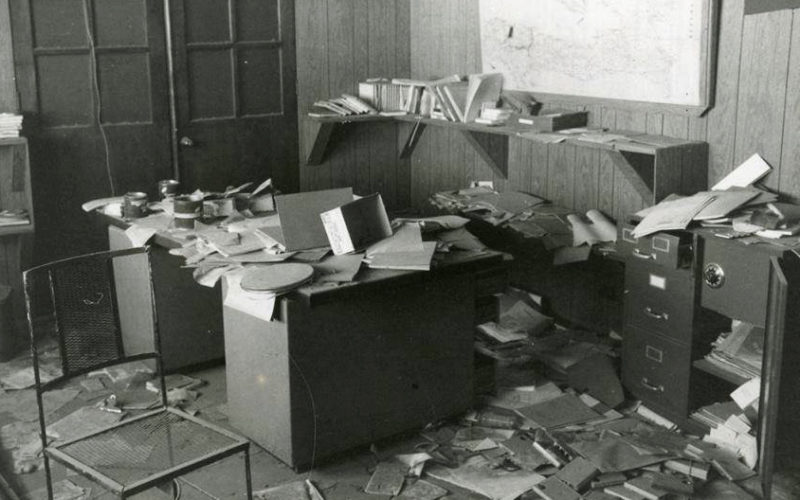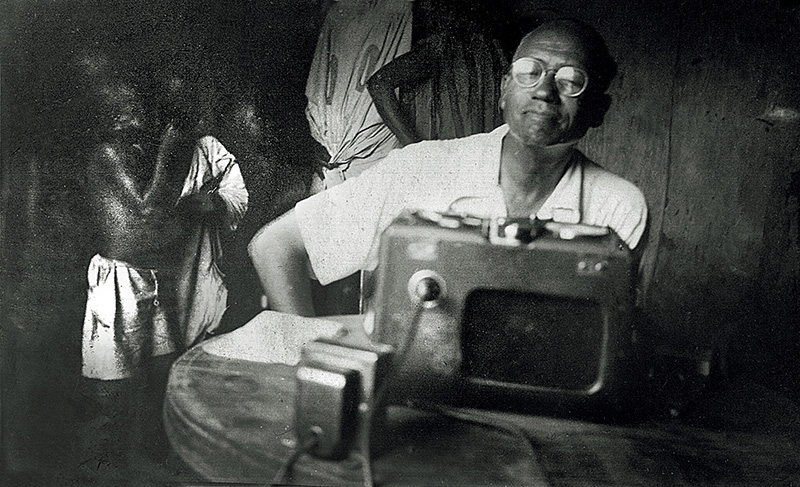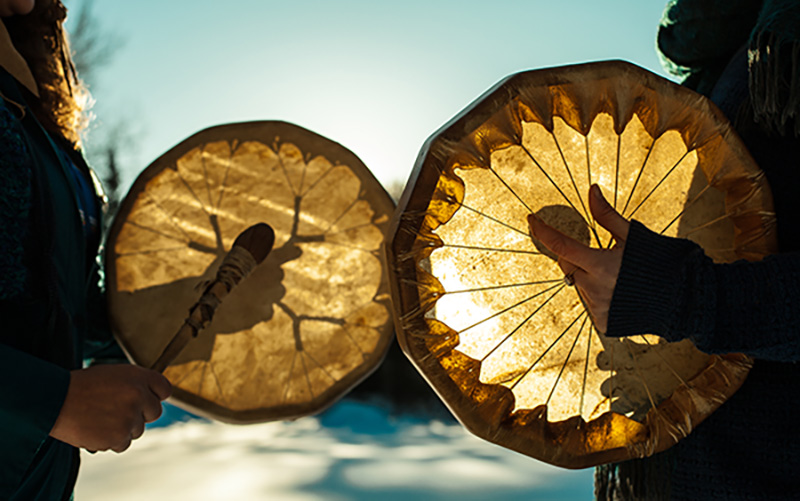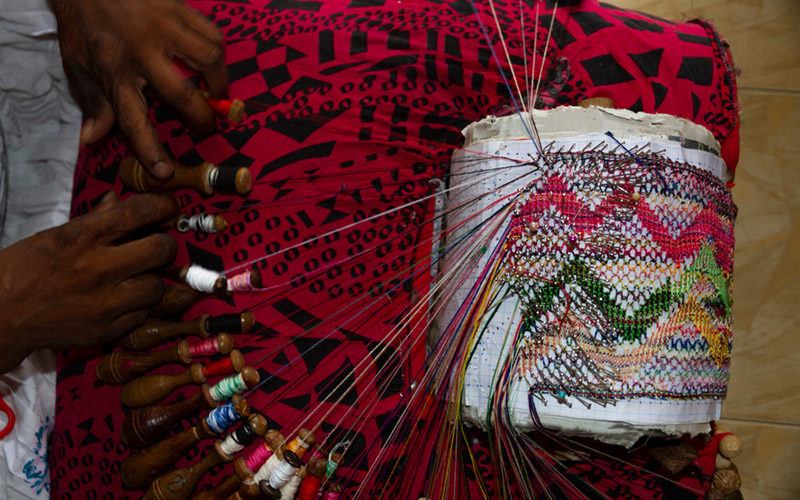S1 E4: Not Even in the Dictionary
Iñupiaq dialects—spoken by people in the Northernmost parts of Alaska—are considered “severely endangered,” with about 2,000 native speakers of these dialects alive today. In this episode, we chat with the people who are preserving, transcribing, and translating collections of audio and video recordings of Inupiaq dialects. They discuss the joys and challenges of preserving the…
Read MorePodcast: Play in new window | Download

